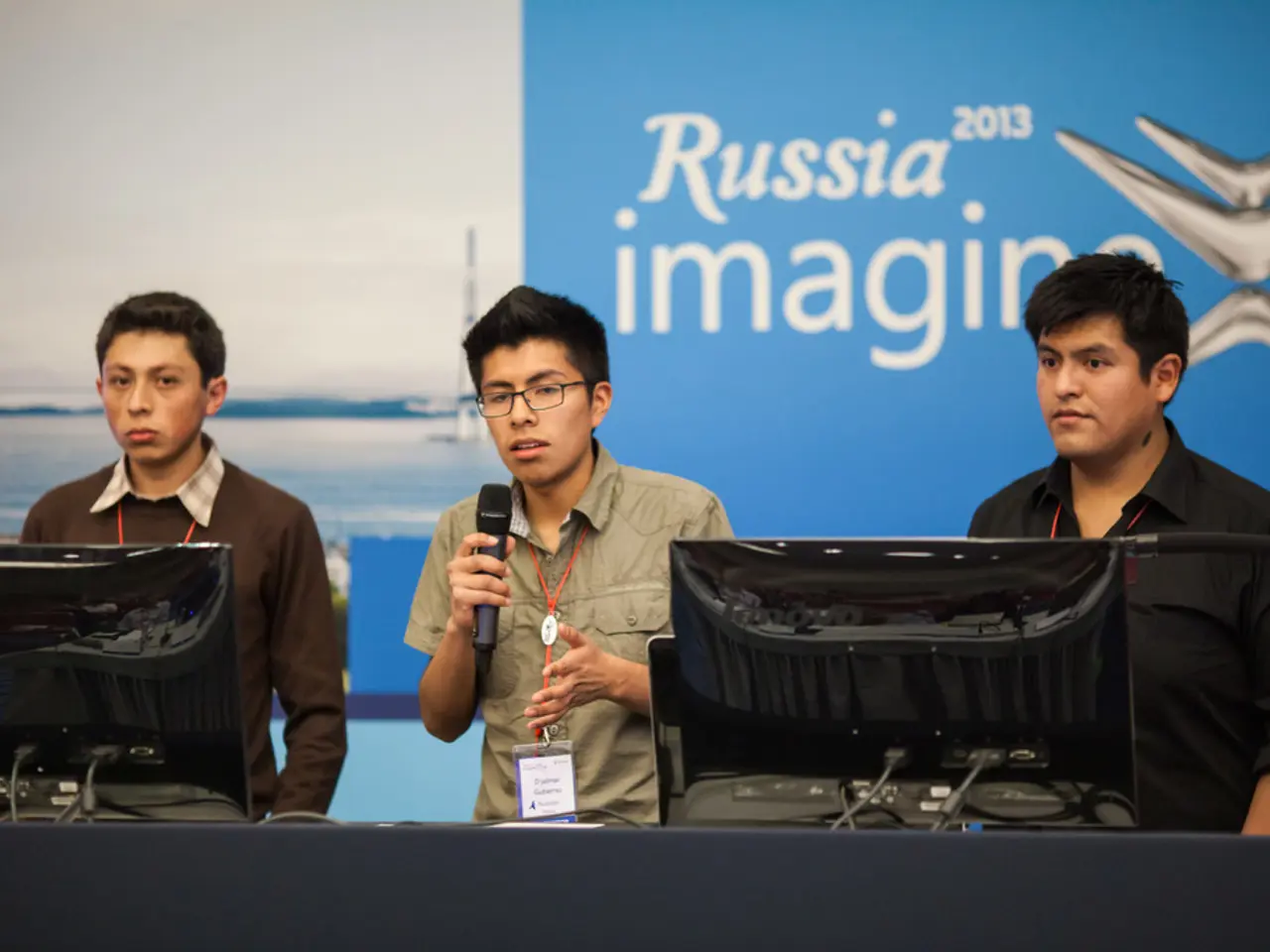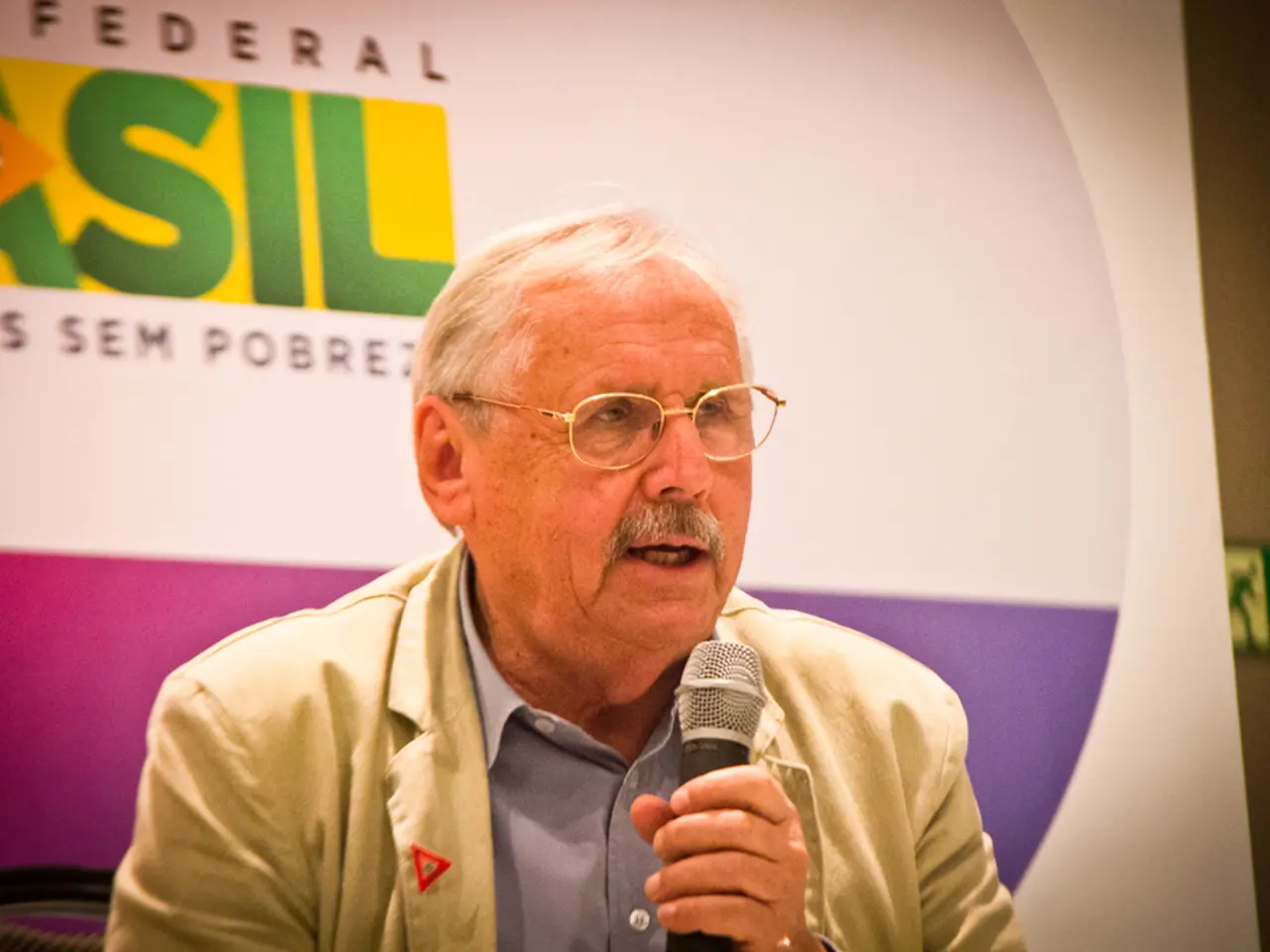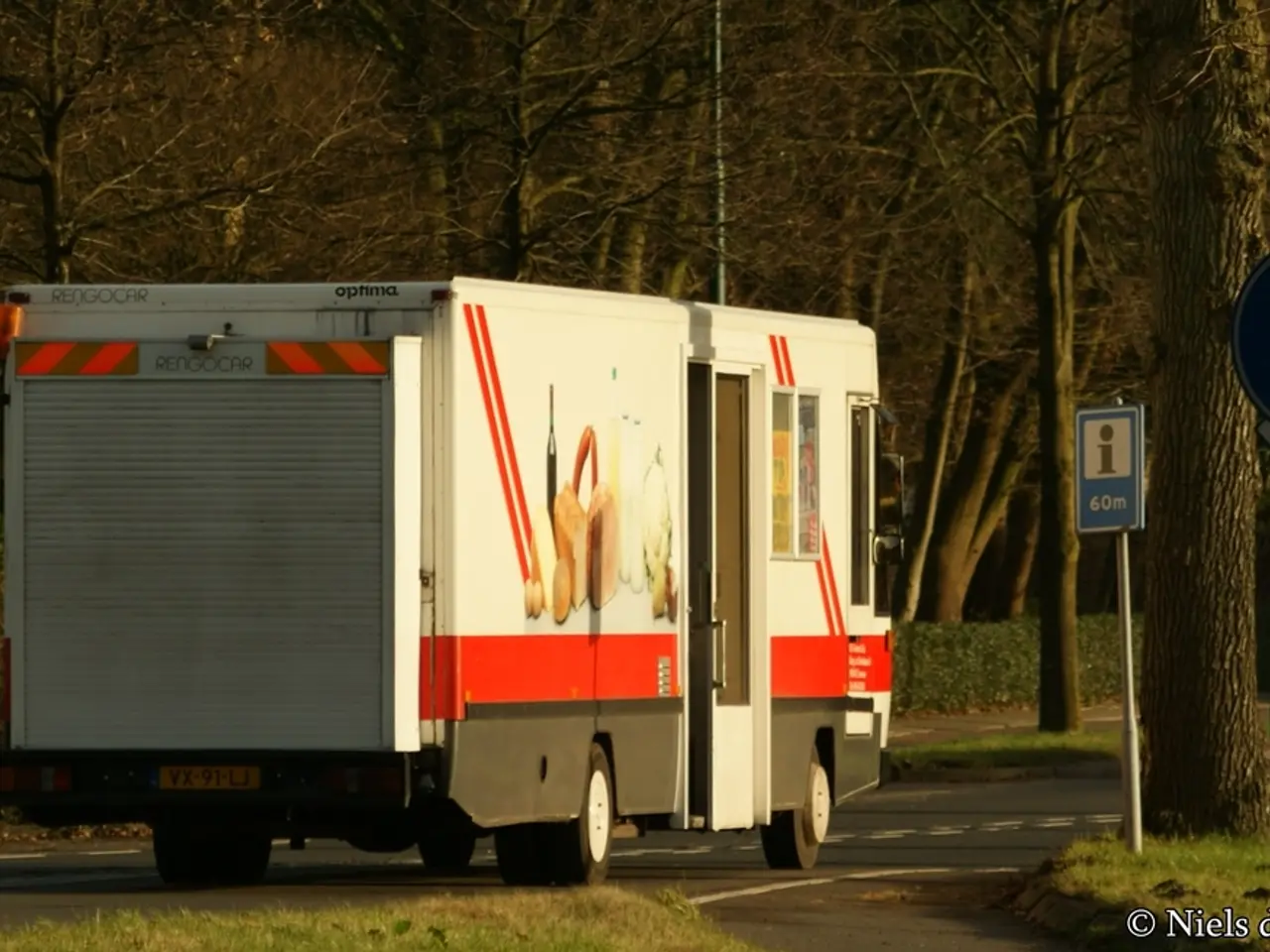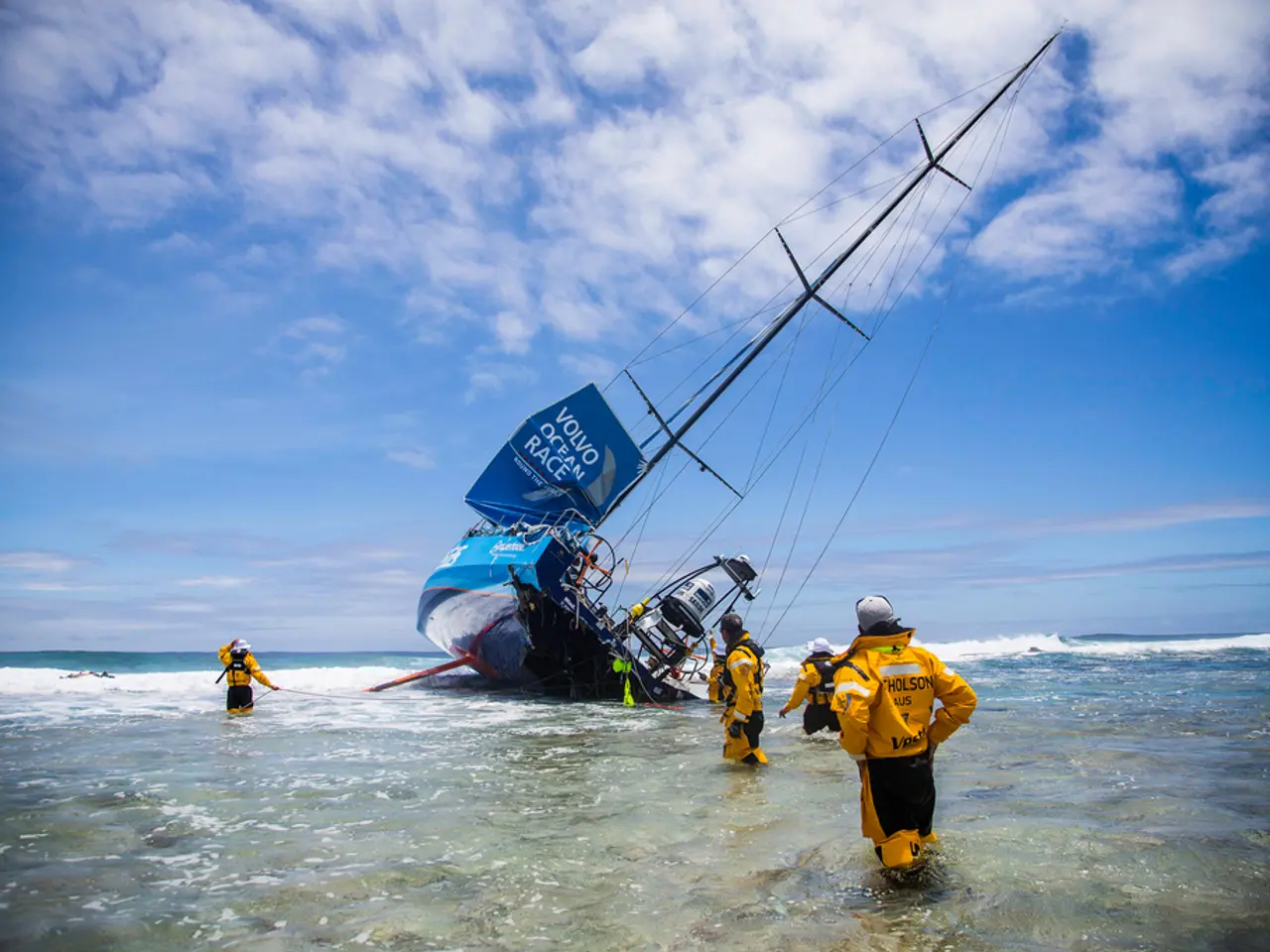Railway line assault at Großkorbetha-Wählitz jeopardizes critical infrastructure, demonstrating its susceptibility to attacks
In a politically charged environment, a recent arson attack on power and data cables near the Hohenmölsen village of Webau, supplying the Schkopau power plant in Magdeburg, has raised concerns about the vulnerability of critical infrastructure to ideological or political attacks.
Rüdiger Erben, a member of the SPD state parliament fraction, has expressed his concerns, likening the incident to those seen in North Rhine-Westphalia. Erben calls for increased awareness among the public about the risks associated with such attacks, emphasising that critical infrastructure is vulnerable everywhere, not just in metropolitan areas.
The potential perpetrators could include various groups, such as climate activists, left-wing or anarchist groups, right-wing extremists, anti-technology or anti-modernity groups, and even foreign state actors.
Radical environmental activists, particularly those connected to the environmental movement, might oppose fossil fuel-based power generation and aim to disrupt infrastructure to force a faster transition to renewable energy. On the other hand, radical left-wing or anarchist groups may target state or industrial infrastructure as part of their opposition to capitalism, state control, or industrial capitalism.
Far-right extremist groups or nationalist militias could potentially engage in acts of sabotage or instigate unrest, although such attacks targeting infrastructure like power plants are less common. Anti-technology or anti-modernity groups, while less common, could oppose modern digital infrastructure for reasons tied to privacy, anti-globalism, or technophobia.
Foreign state actors or cyber-saboteurs could use physical sabotage to destabilize regional infrastructure for geopolitical reasons, although they are typically more associated with cyberattacks.
Erben suggests that the incident may not be the work of political activists alone and emphasises the need for preparedness among the state, society, and operators against potential threats to critical infrastructure. However, he warns against absolute, round-the-clock, comprehensive surveillance of every critical infrastructure.
The police suspect a politically motivated crime in the incident near Webau, and the state government's response is currently focused on operator responsibility. Erben expects the state government to do more than just refer to operator responsibility, indicating a need for a broader approach to securing critical infrastructure.
As investigations continue, the focus will likely be on local activist networks, recent protests, and intelligence on extremist groups in the region. No one has claimed responsibility for the incident near Webau as of yet. The affected railway line supplies the Schkopau power plant with brown coal from the Profen open-cast mine.
This incident serves as a stark reminder of the need for vigilance and comprehensive security measures to protect critical infrastructure from politically motivated attacks. As the energy landscape in Germany continues to evolve, the potential for such attacks is likely to remain a significant concern.
Other groups who may have potential involvement in the arson attack include radical environmental activists, who might oppose fossil fuel-based power generation and aim to disrupt infrastructure to force a faster transition to renewable energy. Additionally, far-right extremist groups or nationalist militias could potentially engage in acts of sabotage or instigate unrest, although such attacks targeting infrastructure like power plants are less common. The state should be prepared against potential threats to critical infrastructure from various groups, not just political activists.







